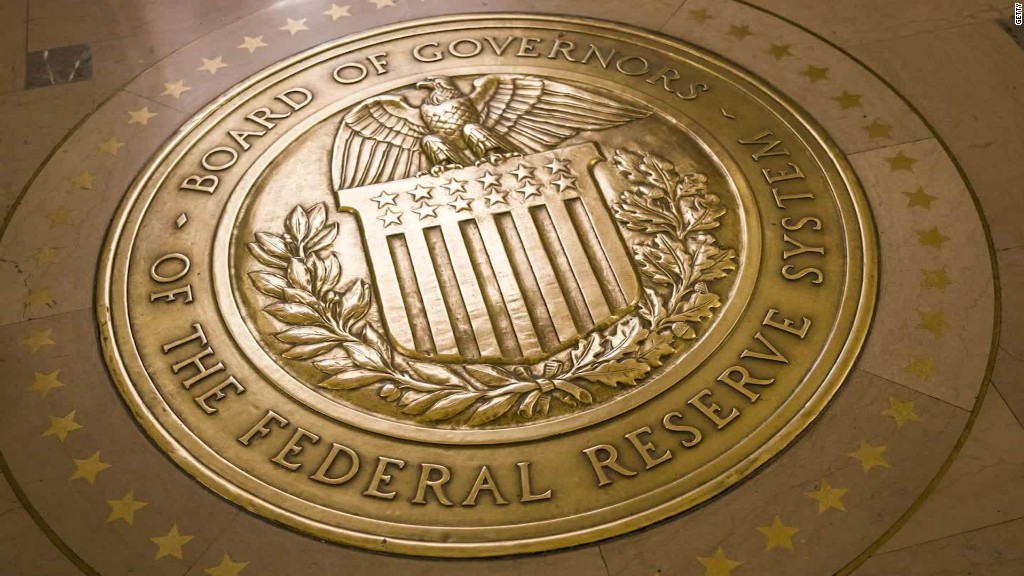The financial markets are expecting the US central bank to raise the interest rates in December, and Fed policymaker, Charles Evans agrees with this expectation. Yesterday he had stated in his interview with Bloomberg that is feels comfortable with the December rate hike. The US economy proved its’ strength and having the country’s inflation close to the Fed target of 2%, Evans believes that it is time to consider how to fight the next downturn in a most efficient way.
Since the financial crisis that had occurred in 2008 is behind us, there will be no need for fundamental changes in the economy, thus the rates will not be raised as high as in the past in order to have the breaking effect, which leads to less room to lower the interest rates to fuel the economy in the occurrence of the next downturn. This may lead for the Federal Reserve to use more contentious tools, such as bond buying to spur growth.
According to Reuters, Evans has commented on Wednesday that he sees now as a good time to see if the Fed strategic monetary policy framework can be altered so as to better accommodate the possible challenges. Some of the possible scenarios are raising the inflation target to 4%, or to adopt price-level targeting (central bank allows the inflation to rise above target for prolonged period of time during economic recovery in order to balance the time when the inflation was below the target). On the other hand, as per Evans, the current framework may be left as it is now with just small tweaks instead of replacing it completely, as the main goals is to deliver on the central bank’s mandated policy goals.
In addition, there are assumptions that Trump administration would nominate Nellie Liang as a board governor. She is known as the ‘financial-stability guru’ and it is expected that her nomination would increase the possibility of avoiding another financial crisis even further. She has previously argued that tighter monetary policy and early intervention are seen as the best options to avoid possible crisis and that tools such as the countercyclical buffer can be an effective tool to limit credit growth before it becomes a problem.
As per some economists, the imbalance in the financial markets could be ignited by 2017 tax cut spending or further stock price gain, and according to previous Fed Chair, Ben Bernanke, one of the lessons from the financial crisis of 2008 is that policymakers must not neglect, and not include, the interactions between the economy and the credit markets in their prognoses, thus intertwining the concerns of financial stability with models of how the economy responds to different tremors.
ECONOMIC CALENDAR EVENTS FOR OCTOBER 4th
AUD Trade Balance
USD Unemployment Claims
USD FOMC Member Quarles Speaks
USD Factory Orders m/m


